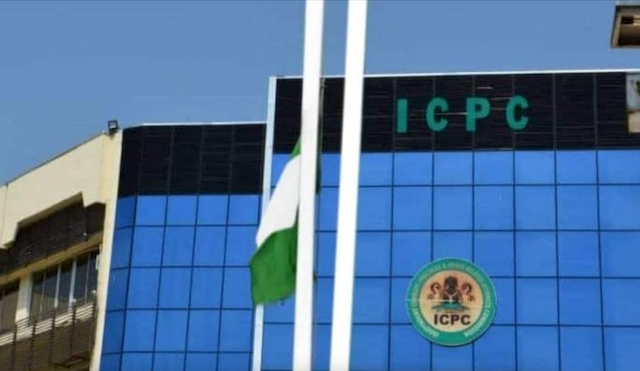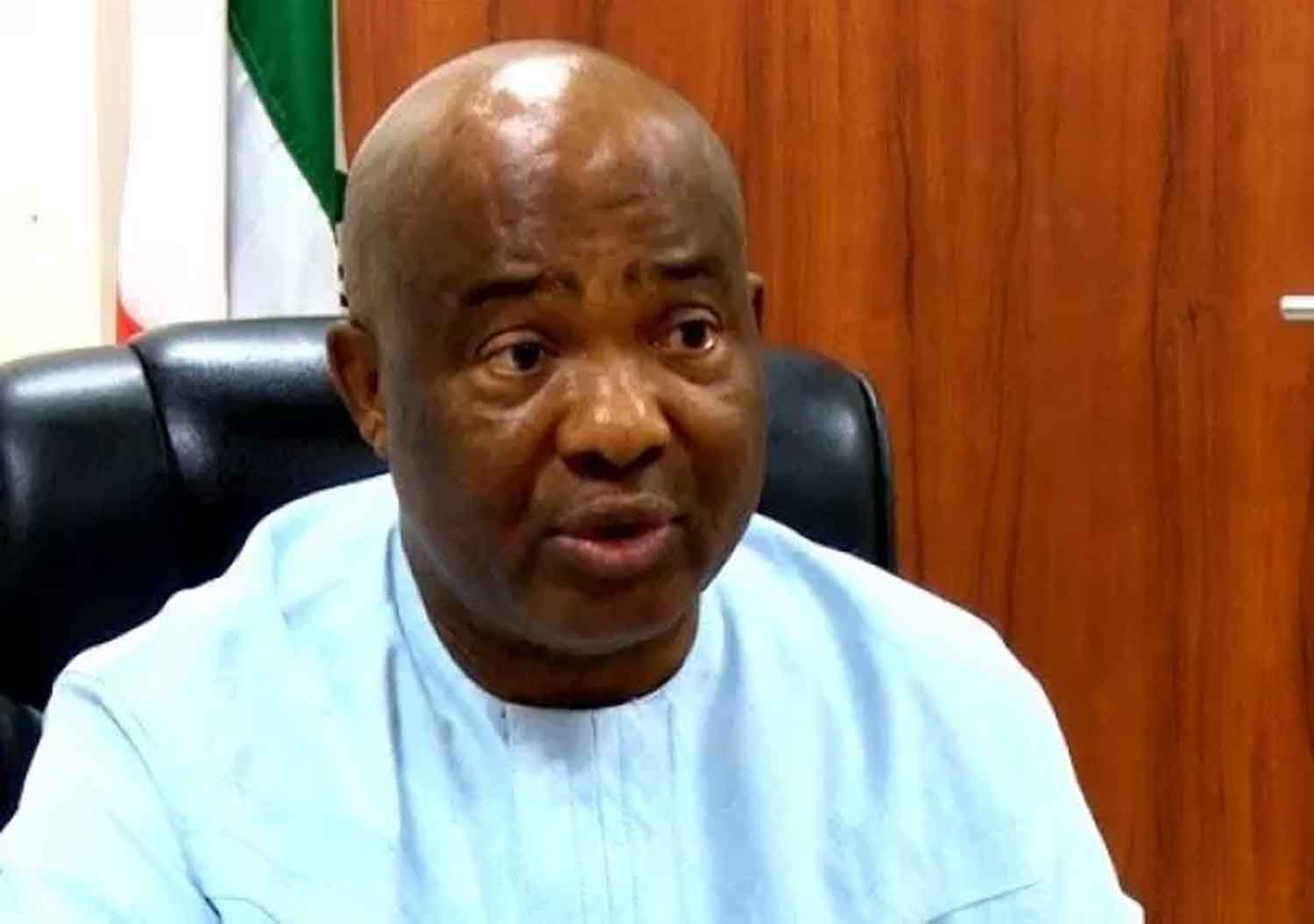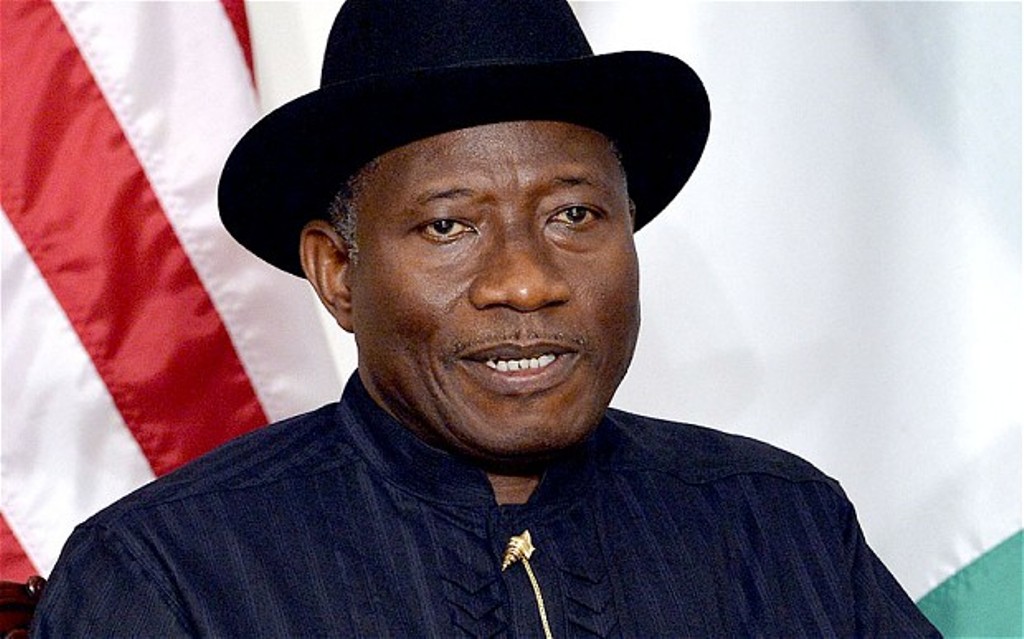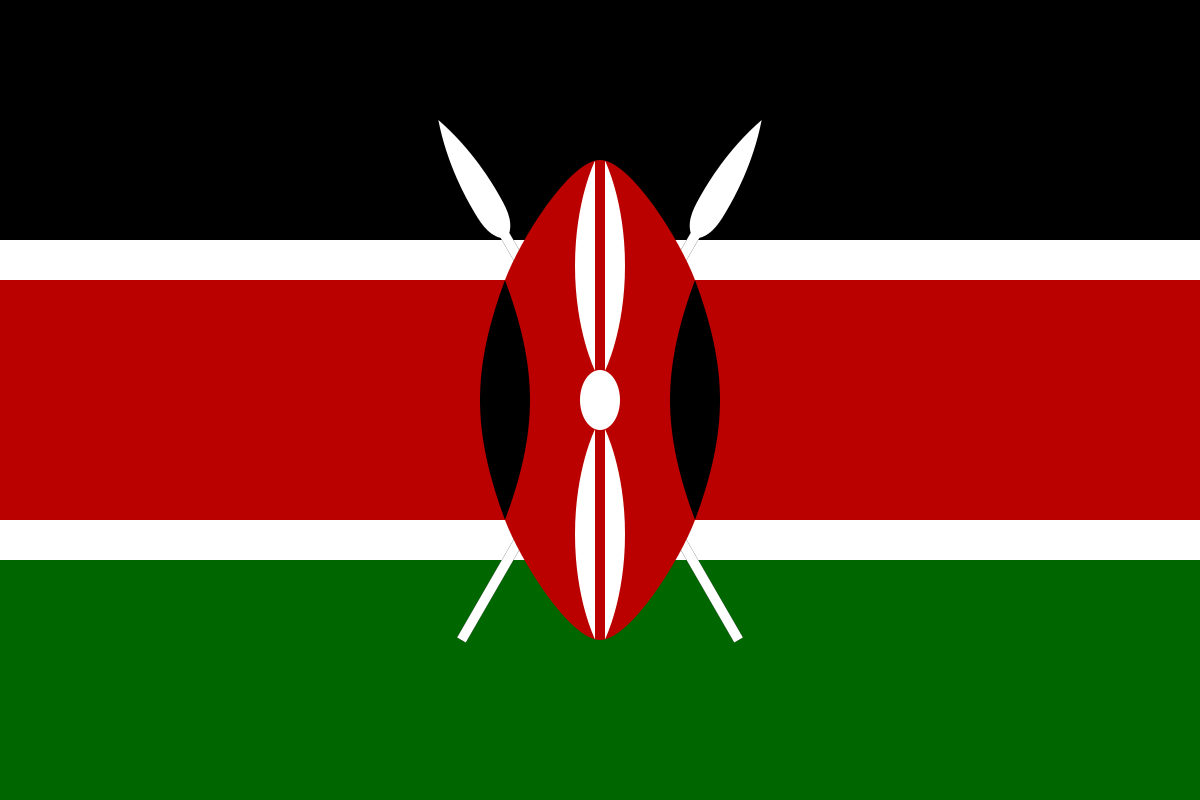Independent Corrupt Practices and Other Related Offences Commission (ICPC) has announced the recovery of N13 billion diverted public funds in September.
ICPC Chairman, Dr Musa Aliyu, SAN, who made the announcement in his address of welcome at the launch of ICPC Strategic Action Plan 2024-2028 on Wednesday in Abuja, described the feat as a remarkable achievement.
According to him, the impressive haul is a testament to the commission’s relentless efforts at combating corruption and ensuring accountability in Nigeria.
”Over the past years, the ICPC has made significant progress in discharging its mandate; for example, we recovered over N13 billion diverted public funds in September 2024 alone.
”This is just one of the many ways we have worked tirelessly to fulfill our mandate.
”We are also embarking on ICT reforms that will digitalise our operations and enable more efficient investigations, case management, and internal processes.
”This transformation will position the commission as a leader in leveraging technology to combat corruption, keeping us one step ahead of criminal activities in the digital age,” he said.
Aliyu said that the commission was also developing a specialised curriculum aimed at enhancing the enforcement capacity of our personnel.
”This initiative equips our officers with the skills and expertise needed to address the complexities of corruption cases with the highest standards of professionalism and efficiency.
”We are decentralising the anti-corruption efforts by empowering state governments through the mobilisation of state attorneys-general.
”This approach ensures that state governments are equipped with the tools, knowledge, and resources necessary to effectively combat corruption at the local level,” he said.
The ICPC chairman recalled that the commission successfully held a conference with state attorneys-general in September, adding that more than 30 state chief law officers attended.
He said that in response to the findings from the Third National Corruption Survey, the commission had intensified efforts to broaden the reach of the anti-corruption campaign by actively engaging citizens, civil society and the media.
”A key part of this initiative is our upcoming EthicsPod digital community, designed to foster a culture of transparency and accountability across both public offices and everyday life nationwide.
”These efforts are part of a comprehensive strategy, forming the backbone of our Strategic Action Plan 2024-2028, which builds on our past achievements and charts a clear path for the future,” he said.
“SAP, in line with our ‘CARE for Impact’ initiative (Culture, Accountability, Responsibility, and Efficiency), provided a comprehensive roadmap for achieving our goals over the next five years.
”It aligns with key national policies such as the Nigeria Agenda 2050, the National Anti-Corruption Strategy 2022-2026, and the National Ethics and Integrity Policy, among others.
”As part of this strategy, we will continue to strengthen our institutional integrity and deepen collaborations with other stakeholders,” he said.
The ICPC boss stressed the need to intensify efforts on prevention of corruption and corrupt practices.
”As we know, prevention is better than cure, and the ICPC has intensified efforts to identify institutional and administrative vulnerabilities through System Studies and Corruption Risk Assessments.
”We have also continued to engage with the Anti-Corruption and Transparency Units (ACTUs) in ministries, departments, and agencies (MDAs), reinforcing our grassroots monitoring mechanisms.
”As we look ahead, the success of this strategic plan will rely heavily on synergy, collaboration, and strategic partnerships, and I want to reaffirm the ICPC’s commitment to a multi-agency approach in tackling corruption,” he said.
According to him, the journey required collective sacrifice, discipline, and integrity from all stakeholders.
“Together, we can institutionalise integrity in our systems and mobilise our citizenry to embrace the anti-corruption war,” Aliyu said.







